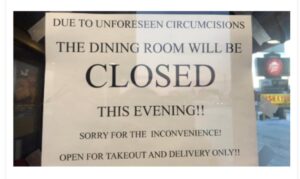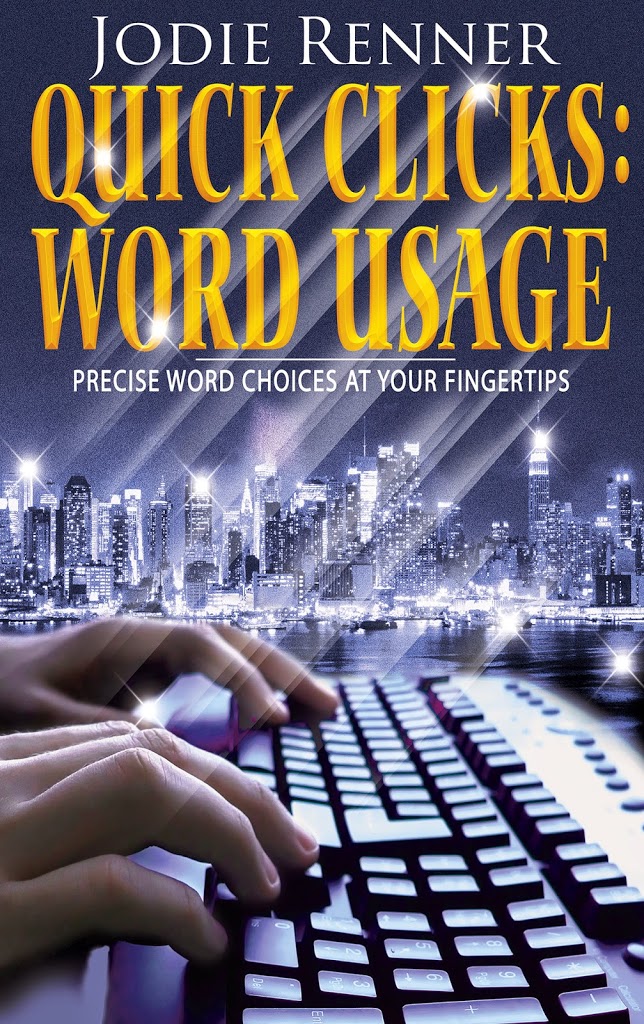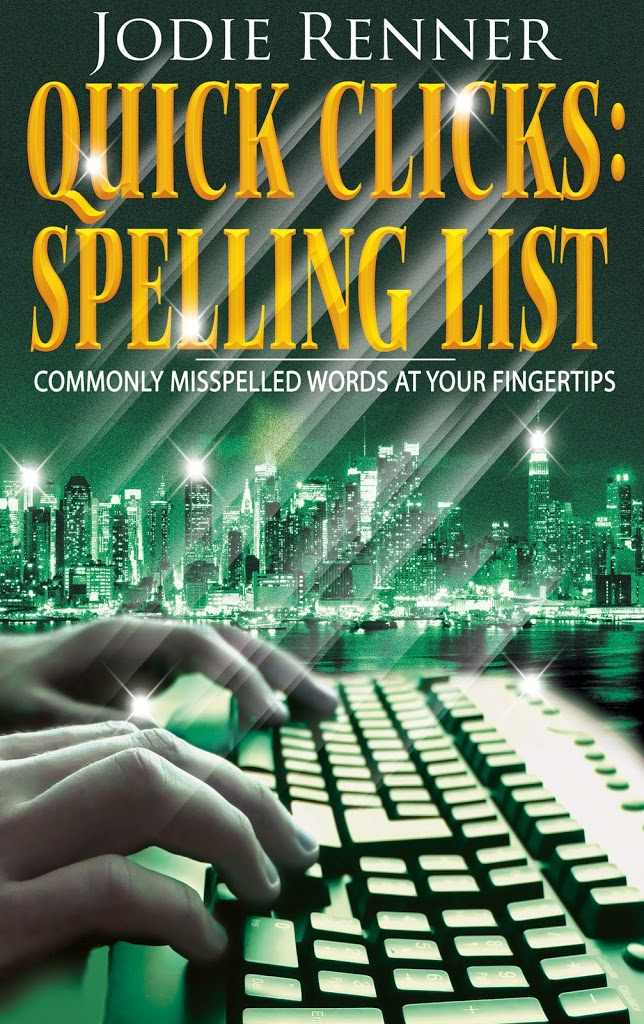
by Debbie Burke
Apostrophes. That tiny punctuation mark seems to trip up more people than any other.
Here are a few examples of apostrophes that are misused:



So what are the correct uses of the apostrophe?
- In contractions: an apostrophe indicates a missing letter or letters.
Jean’s going to the store. = Jean is going to the store.
- To indicate possession: At the store, a shopping cart door-dinged Jean’s car.
When not to use an apostrophe:
- To indicate plurals. Shopping carts, not shopping cart’s.
- To indicate decades. The 1990s, not the 1990′s.
Decades can be written in various ways.
Example: Rock and roll gained popularity in the 1950s.
However, if the decade is possessive, it needs an apostrophe.
Example: The 1950’s song “That’ll Be the Day” hit number 1 on Billboard Magazine.
If you use a contraction to abbreviate a decade, that requires an apostrophe for the missing part of the year.
Example: In the ’20s, bobbed hair was the cat’s meow.
The dreaded question of ITS vs IT’S raises the most confusion.
That’s because ‘s usually indicates possession.
Examples: Gary’s book; the USA’s foreign policy.
Its is the annoying exception.
It’s is a contraction for “it is” or “it was.”
In the immortal words of Mr. Rogers: “It’s a Beautiful Day in the Neighborhood”
Its is the possessive form.
Example: AI doesn’t understand its own capability.
Plurals add another layer of confusion.
How often have you received a holiday card from “The Smith’s”?
“The Smith’s” is possessive.
It should be “The Smiths” plural to indicate the card came from multiple members of the Smith family.
Want to get even more confused? Names and nouns that end with an “S” are treated differently.
The plural of Jones is “Joneses.”
The plural of cross is “crosses.” Example: Many Civil War graves were marked with crosses.
The possessive of Jones can either be “the Jones’ house” or the Jones’s house” depending on the style guide used.
The possessive of crosses is generally crosses’. Example: The crosses’ wood had weathered and split.
Then there are plural initialisms. (I had to look that one up.)
They are initials that are used as nouns.
Examples: DMV, BMW, FAQ
The plurals are DMVs, BMWs, FAQs.
The possessive form needs an apostrophe.
Example: The DMV’s reputation for long wait times is well known.
However, if the initial is a single one, the plural needs an apostrophe.
Example: Sarah’s report card was all B’s.
The plural of the noun “I” can be shown with an apostrophe to keep it from being misread as “Is”.
Example: Too many I’s used in that paragraph is repetitive.
Yourdictionary.com offers a clear, concise explanation of how to avoid apostrophe abuse.
Pop Quiz
- When the tree starts to drop (its) (it’s) leaves, (it’s) (its) a sure sign of early fall.
- The (Gateses) (Gates’) (Gate’s) need to increase their income to keep up with the (Bezos’s) (Bezos’) (Bezoses).
- On (Saturday’s) (Saturdays) we always visit the (farmer’s) (farmers) market to check out the many different (vendor’s) (vendors’) fresh (veggie’s) (veggies).
- What’s your (Achille’s) (Achilles’) (Achilles’s) heel when it comes to grammar?
- (Phyllis’s) (Phyllis’) intention was to attend the (writer’s) (writers’) (writers) conference.
Answers:
- When the tree starts to drop its leaves, it’s a sure sign of fall.
- The Gateses need to increase their income to keep up with the Bezoses. Yeah, it sounds wonky to the ear but it’s correct.
- Saturdays is correct. Farmer’s is correct but could also be farmers’ market. Vendors’ is correct. Veggies is correct.
- Achilles’ and Achilles’s are both right. However, Achilles’ is less of a tongue twister and sounds better to the ear.
- Okay, this is a multiple-part trick question.
Phyllis’s or Phyllis’ are both right depending on the style sheet you’re using. Just be consistent—choose one form or the other and stick with it throughout the story, article, etc.
Writers’ conference is preferred because it’s possessive meaning multiple writers attend it. However, writer’s conference is also an adjective describing the type of conference. The Word grammar checker puts a squiggly blue line under writers conference, indicating questionable use. However, writers conference is common, making it accepted although not strictly correct.
I feel for non-native speakers trying to learn the inconsistent, convoluted, mystifying English language.
If we writers ever master all the nuances of grammar,“That’ll Be the Day” to celebrate!
~~~
TKZers: What’s your Achilles’ heel in grammar? Do you have any reminder tricks to suggest?
~~~
 Counting down to launch day for The Villain’s Journey-How to Create Villains Readers Love to Hate.
Counting down to launch day for The Villain’s Journey-How to Create Villains Readers Love to Hate.
James Scott Bell says: “Debbie Burke has filled a critical gap in writing craft instruction.”
Christopher Vogler says: “You will certainly find insight and inspiration to make your villains leap off the page and haunt your readers’ dreams.”
Preorder now and the ebook will be delivered to your device on July 13.


 Go on a global search-and-destroy mission for the following words/phrases:
Go on a global search-and-destroy mission for the following words/phrases:







 I love talking to fellow writers who are craft nuts. I love getting into the weeds to discuss things like adverbs, POV violations, and whether you should use a comma in the phrase “Oh God.” (On that last one, strict rules of style say yes. I say it depends on how the character is reacting—somberly or fearfully?)
I love talking to fellow writers who are craft nuts. I love getting into the weeds to discuss things like adverbs, POV violations, and whether you should use a comma in the phrase “Oh God.” (On that last one, strict rules of style say yes. I say it depends on how the character is reacting—somberly or fearfully?)



